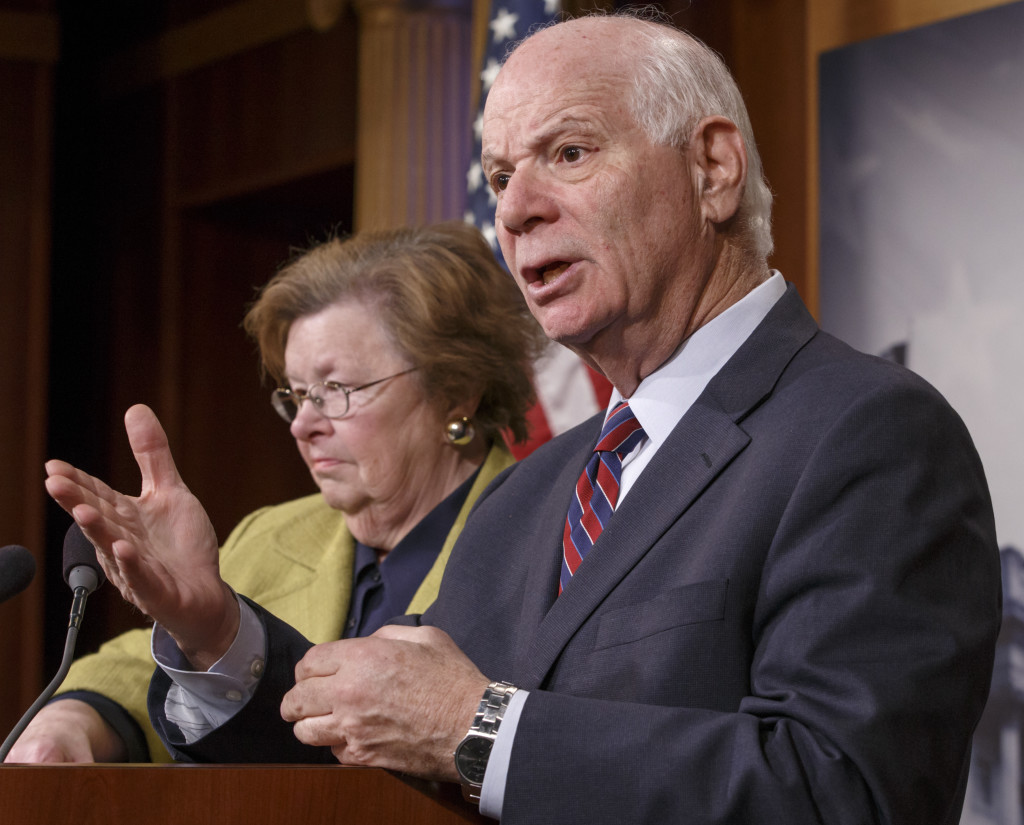
Senate heads to recess with a cyber dud
Despite overwhelming agreement that cybersecurity legislation is needed, Senate lawmakers couldn’t agree on how such a bill would look. Lawmakers did approve the...
Senate lawmakers left town for the August recess with a whimper instead of a cyber roar.
Despite overwhelming agreement that cybersecurity legislation is needed, members of the upper chamber couldn’t agree on how such a bill would look.
But senators, at least, did approve the nomination of Denise Turner Roth to be the permanent administrator of the General Services Administration.
“Today’s decision by the Senate is a vote of confidence in GSA’s ability to deliver the best value in real estate, acquisition, and technology services to the government and American people,” Roth said in a statement. “My vision moving forward is for the agency to be a proactive federal partner for government, and an economic catalyst for local communities, while also continuing our efforts to drive operational excellence. I am honored to serve the people and partners of GSA, and I am honored to serve this administration.”
Sen. Tom Carper (D-Del.), ranking member of the Homeland Security and Governmental Affairs Committee, congratulated Roth on her ascension to permanent administrator.
“During her service as deputy administrator and acting administrator, Ms. Roth has demonstrated her ability to take on a difficult and demanding job, and her commitment to lead GSA with the efficiency and effectiveness it deserves,” Carper said in a release. “I believe Ms. Roth will carry on with [former administrator] Dan Tangherlini’s legacy of a pragmatic, forward-thinking approach to finding solutions to problems.”

While approving Turner Roth’s nomination was a minor victory, senators failed to find common ground around the Cybersecurity Information Sharing Act (CISA).
With CISA stalling, it also meant two Democratic lawmakers’ attempt to use it to go down a different path to get the Office of Personnel Management extra money for cybersecurity protections also failed.
Sens. Ben Cardin (D-Md.) and Barbara Mikulski (D-Md.) introduced two amendments to CISA on Wednesday. One would provide OPM with an additional $37 million to accelerate the completion of scheduled improvements to network systems and IT infrastructure one year ahead of schedule.
The Senate Appropriations Committee rejected Mikulski’s amendment to the Financial Services and General Services to provide OPM with additional funding for IT and cyber upgrades.
“OPM’s retirement services and background investigation databases contain the most sensitive data OPM holds,” Mikulski said in a release. “Securing these systems must be done now. We can’t wait for the next budget cycle. This is a crisis and must be treated like a crisis.”
The second amendment would provide federal employees whose personal information may have been compromised in OPM data breaches with greater protection – lifetime credit-monitoring services, identity theft protection and restoration, and $5 million in liability protection for related damages for individuals affected by either or both of the data breaches.
The Senate Appropriations Committee approved this provision to the spending bill.
Senate Majority Leader Mitch McConnell (R-Ky.) pulled CISA from the floor after several members raised concerns about the legislation.
Sen. Ron Wyden (D-Ore.), one of the most outspoken critics of the bill, said CISA doesn’t do enough to protect the country from sophisticated cyber attacks or protect citizens’ privacy. He said the bill is just a substitute for a surveillance program, which would “encourage companies to hand large volumes of their customers’ private information over to the government, even if that information is not needed for cybersecurity purposes.”
“I plan to use the next month to work with advocates to build opposition to this proposal and keep it from creeping back when the Senate returns in September,” Wyden said in a statement.
Copyright © 2025 Federal News Network. All rights reserved. This website is not intended for users located within the European Economic Area.
Jason Miller is executive editor of Federal News Network and directs news coverage on the people, policy and programs of the federal government.
Follow @jmillerWFED



